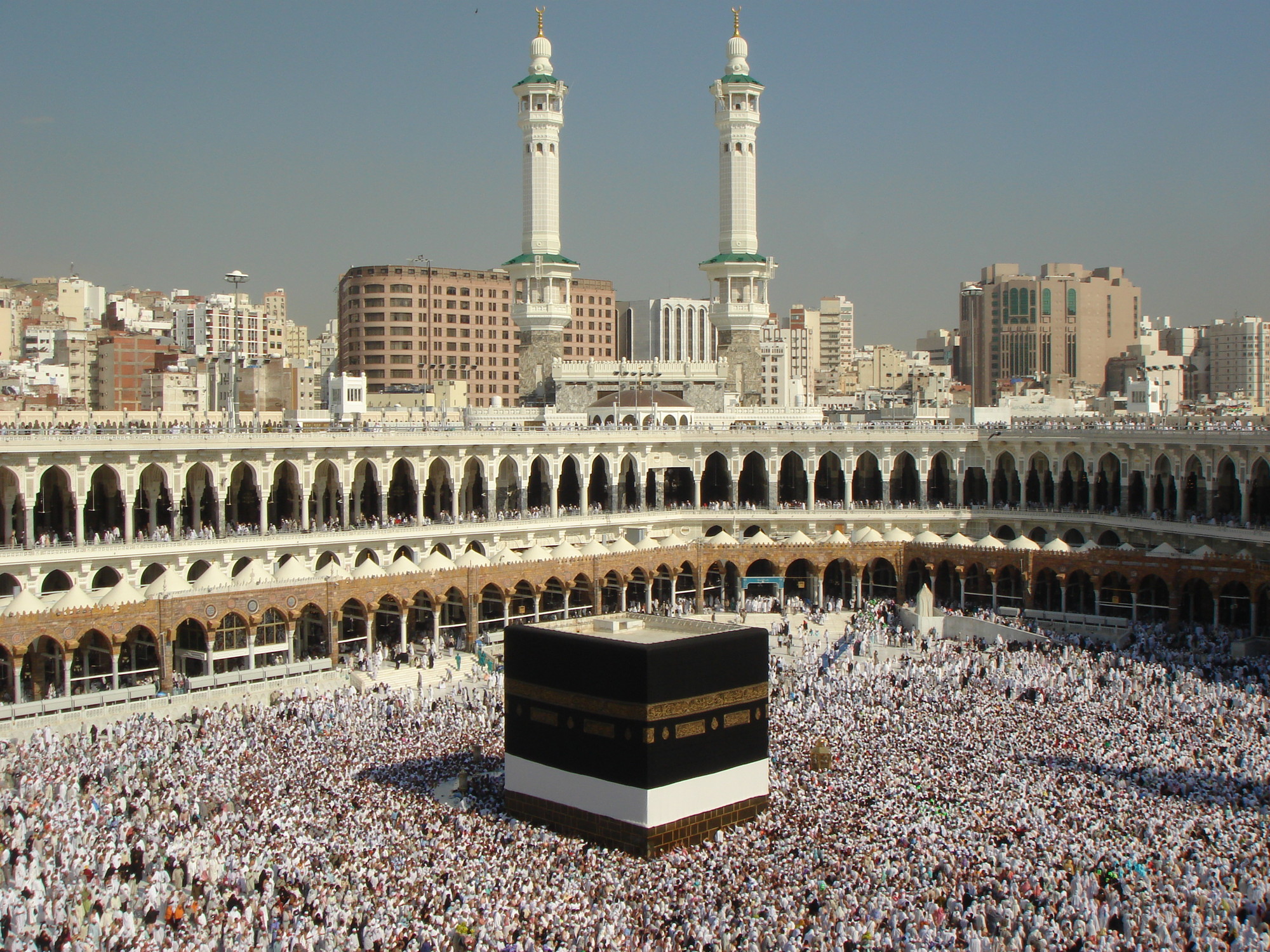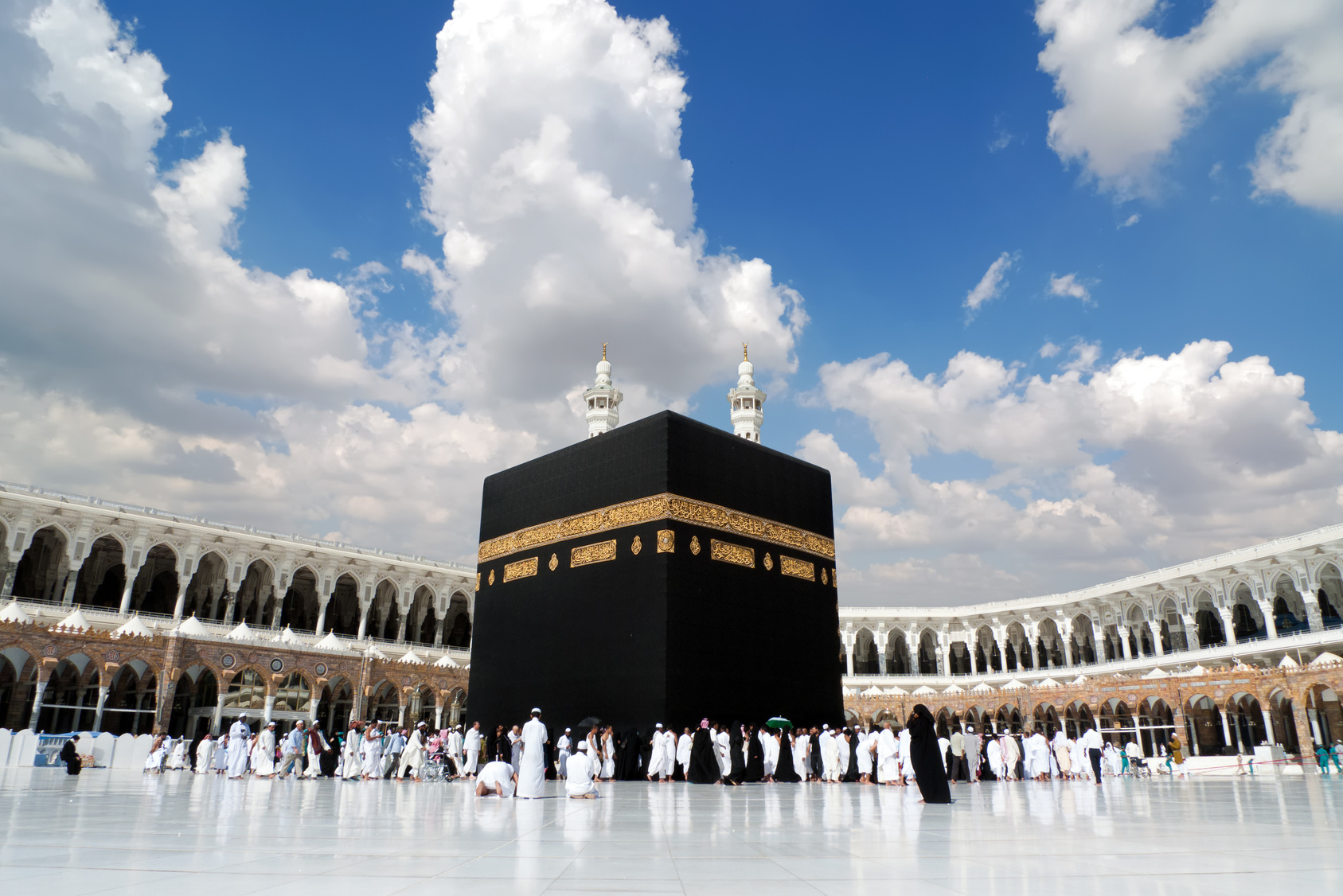The Cultural Significance Of Mecca In Islamic Tradition
Share

Mecca, known as Makkah in Arabic, holds a profound place in the hearts of Muslims around the world. This city, located in Saudi Arabia, is not just a geographical location; it is the spiritual epicenter of Islam. Every year, millions of Muslims embark on a pilgrimage to Mecca, fulfilling one of the Five Pillars of Islam. This article will explore the cultural significance of Mecca, its historical roots, and its impact on Islamic tradition.
Historical Background of Mecca

Mecca's history dates back to the time of the Prophet Ibrahim (Abraham), who is believed to have established the Kaaba, the sacred structure at the heart of the city. The Kaaba, a cube-shaped building, is considered the "House of Allah" and serves as the qibla, the direction Muslims face during prayers. The significance of Mecca is deeply intertwined with the story of Ibrahim, his wife Hagar, and their son Isma'il (Ishmael), who are revered figures in Islamic tradition.
Over the centuries, Mecca has evolved into a bustling center of trade and spirituality. The city was a vital hub for caravans, connecting various regions of the Arabian Peninsula. This economic significance further enhanced its status as a religious center, attracting pilgrims long before the advent of Islam.
The Kaaba: The Heart of Mecca

At the core of Mecca's cultural significance is the Kaaba. This sacred structure is draped in a black silk covering known as the Kiswah, adorned with intricate gold embroidery. The Kaaba is not merely a building; it symbolizes the unity of Muslims worldwide. Every year, during the Hajj pilgrimage, millions of Muslims circle the Kaaba in a ritual known as Tawaf, demonstrating their devotion and submission to Allah.
The Kaaba's importance extends beyond its physical presence. It represents the oneness of God and serves as a reminder of the shared faith among Muslims, regardless of their cultural or ethnic backgrounds. This unity is a fundamental aspect of Islamic teachings, reinforcing the idea that all believers are part of a single community, the Ummah.
The Hajj Pilgrimage: A Journey of Faith
The Hajj pilgrimage, which takes place annually during the Islamic month of Dhu al-Hijjah, is one of the most significant events in the Islamic calendar. It is obligatory for every Muslim who is physically and financially able to undertake this journey at least once in their lifetime. The Hajj is not just a physical journey to Mecca; it is a spiritual odyssey that embodies the essence of Islamic teachings.
During the Hajj, pilgrims engage in a series of rituals that commemorate the actions of Ibrahim and his family. These rituals include standing at the plain of Arafat, where pilgrims seek forgiveness and mercy from Allah, and the symbolic stoning of the devil at Mina. Each act performed during the Hajj reinforces the themes of humility, sacrifice, and devotion.
Mecca's Role in Islamic Identity
Mecca's cultural significance extends beyond the rituals of Hajj. It plays a crucial role in shaping the Islamic identity of millions. For many Muslims, the city represents a connection to their faith and heritage. The act of praying in the Masjid al-Haram, the Grand Mosque surrounding the Kaaba, is considered one of the most rewarding experiences in Islam.
The spiritual ambiance of Mecca is palpable, with the call to prayer resonating throughout the city. This sound serves as a reminder of the importance of faith in daily life, encouraging Muslims to prioritize their spiritual obligations. The city's atmosphere fosters a sense of belonging, as pilgrims from diverse backgrounds come together to worship.
The Cultural Exchange in Mecca
Mecca is not only a religious center but also a melting pot of cultures. The influx of pilgrims from around the globe creates a unique environment where different traditions and customs converge. This cultural exchange enriches the experience of visiting Mecca, as travelers share their stories, languages, and practices.
The local cuisine, influenced by various cultures, offers a delightful array of flavors. From traditional Saudi dishes to international cuisines, Mecca's food scene reflects its diverse population. Sharing meals with fellow pilgrims fosters camaraderie and strengthens the bonds of brotherhood and sisterhood among Muslims.
Best Time to Visit Mecca
When planning a visit to Mecca, it's essential to consider the best time to experience the city fully. The climate in Mecca can be quite hot, especially during the summer months. The ideal time to visit is during the cooler months, from October to March, when temperatures are more manageable, ranging from 20°C to 30°C (68°F to 86°F).
If you're considering making the pilgrimage during Hajj, be prepared for large crowds and hot weather. The dates for Hajj vary each year based on the Islamic lunar calendar, so it's crucial to check the specific dates in advance.
Practical Tips for Travelers
-
Accommodation: Finding a place to stay in Mecca can be challenging, especially during Hajj. It's advisable to book your hotel well in advance. Options range from luxury hotels to budget accommodations, catering to various preferences and budgets. For hotel bookings, check out Hotels & Flights.
-
Transportation: Mecca is well-connected by public transportation, including buses and taxis. However, during peak pilgrimage times, traffic can be congested. Consider using local transport services for convenience. For transfers, visit Transfers.
-
Respect Local Customs: Mecca is a holy city, and visitors should dress modestly and behave respectfully. Familiarize yourself with local customs and practices to ensure a positive experience.
-
Stay Hydrated: The climate can be hot, so it's essential to drink plenty of water, especially during the pilgrimage. Carry a water bottle and stay hydrated throughout your visit.
Conclusion
Mecca stands as a beacon of faith, unity, and cultural richness in the Islamic world. Its historical roots, the significance of the Kaaba, and the transformative experience of Hajj make it a unique destination for millions of Muslims. As you consider your journey to this sacred city, remember that Mecca is more than just a place; it is a profound connection to faith, community, and identity. Whether you're planning to perform Hajj or simply wish to experience the spiritual ambiance of Mecca, this city promises an unforgettable experience that resonates with the heart of Islam.



